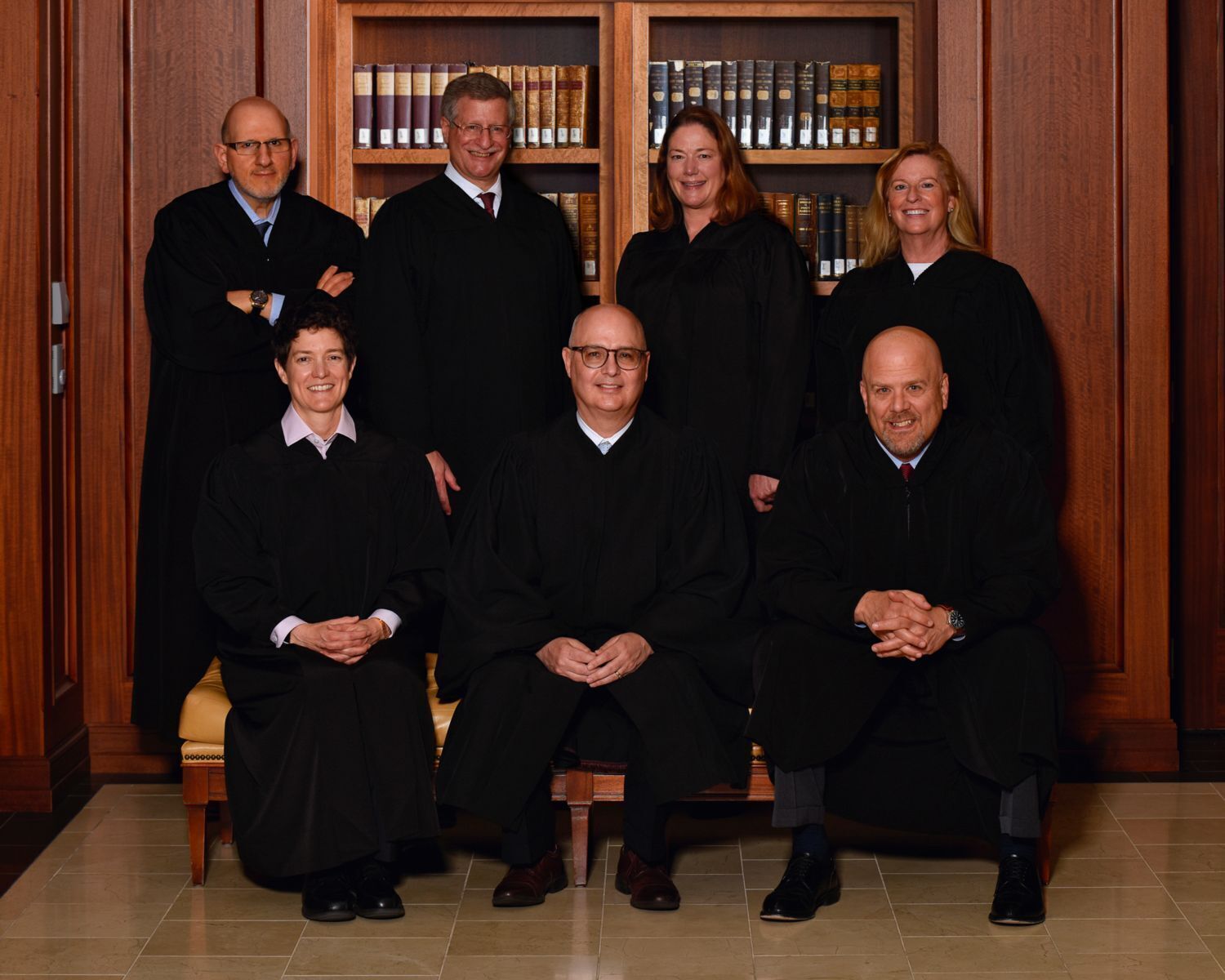State Supreme Court agrees to interpret felony animal cruelty, sex offender registration laws

Colorado’s Supreme Court has agreed to interpret whether two state laws, criminalizing cruelty to animals and the failure to register as a sex offender, permit convictions to be transformed into felonies upon a judge’s findings alone, or if a jury must make that decision.
Both cases came through the state’s Court of Appeals, where separate panels of appellate judges determined the legislature intended for trial judges to find whether a defendant had prior convictions under each law. Previous convictions, under current practice, permit judges to elevate a subsequent offense to a more serious felony conviction.
Serving as a backdrop in each instance was the Supreme Court’s key decision of Linnebur v. People, which interpreted the state’s felony drunk driving law in November 2020. In that case, a majority of justices determined prior convictions of driving under the influence needed to be proven to a jury beyond a reasonable doubt, and trial judges could not transform a repeat conviction into a felony on their own.
The court reached that outcome by concluding the General Assembly intended for prior DUI convictions to be elements of a felony drunk driving crime, and not simply sentence enhancers to an otherwise misdemeanor offense. In doing so, the court sidestepped the question of whether judicial transformation of a misdemeanor to a felony violated the Sixth Amendment guarantee of a trial by jury.
Now, the justices have indicated they will address that question head-on.
In the first appeal out of Lincoln County, a jury in 2017 convicted Constance E. Caswell on 43 counts of cruelty to animals, after investigators seized dogs, cats, birds and horses from Caswell’s property. The animals were subjected to a lack of fresh air, food and water in Caswell’s custody, with trash and feces covering the enclosed spaces. Several animals were also underweight or suffered from untreated medical conditions.
CBS4 reported that Caswell and her husband had refused offers of help prior to the filing of criminal charges.
Although animal cruelty is a misdemeanor, Colorado law establishes that a second or subsequent offense becomes a felony. Caswell had a previous conviction for animal cruelty, so the judge in Constance Caswell’s 2017 trial used the prior offense to enhance her 43 convictions to felonies.
On appeal, Caswell argued the General Assembly intended for her prior misdemeanor conviction to be one of the elements of the felony offense, rather than a sentence enhancement. Therefore, the prosecution needed to prove her prior conviction beyond a reasonable doubt to the jury.
A three-judge panel for the Court of Appeals rejected that claim in August of last year. While acknowledging the Supreme Court’s Linnebur decision had found prior convictions needed to be proven to a jury for felony DUIs, the panel said the animal cruelty law was different.
“What persuades us the most is that the provision at issue is included in the subsection of the statute that enumerates penalties and sentencing provisions, as opposed to the subsection containing the substantive elements of the crime,” wrote Chief Judge Gilbert M. Román for the panel.
Caswell then turned to the Supreme Court, arguing it was unfair for a judge alone to enhance a misdemeanor into a felony conviction, with an accompanying range of more severe consequences on firearm ownership, employment and voting, for example.
“In Linnebur, this Court expressed grave concern with, but ultimately left open, the question of whether it violates the constitutional right to trial by jury to transform a misdemeanor into a felony without a finding beyond a reasonable doubt by a jury,” wrote Deputy State Public Defender Jessica A. Pitts in asking the justices to tackle that issue.
At the same time, the court received a petition from Charles K. Dorsey, who was convicted of a felony for failing to register as a sex offender. As with drunk driving and animal cruelty, failing to register is a misdemeanor, but the law designates repeat violations as felonies.
Two months after the Court of Appeals issued its ruling in Caswell’s case, another panel of judges agreed with their colleagues’ reasoning and upheld a Denver judge’s enhancement of Dorsey’s conviction to a felony.
The Supreme Court, in granting review of both cases on Monday, has agreed to examine several related issues. In Caswell’s case, the justices will decide whether a prior misdemeanor conviction for animal cruelty is a sentence enhancer or part of a felony offense, and also whether a jury alone actually has the authority to elevate a misdemeanor to a felony.
For Dorsey, the court will similarly clarify whether state lawmakers intended prior convictions to enhance a misdemeanor to a felony. Of major consequence, the justices will also answer whether a trial judge’s enhancement of a sentence – transforming a misdemeanor into a felony based on prior convictions – violates the Sixth Amendment’s guarantee of a trial by jury.
A decision overturning the rulings of the Court of Appeals could have widespread effects. After Linnebur, the appellate court ordered dozens of felony DUI convictions lowered to misdemeanors in compliance with the Supreme Court’s edict, unless district attorneys chose to retry the cases as felonies.
The cases are Caswell v. People and Dorsey v. People.












